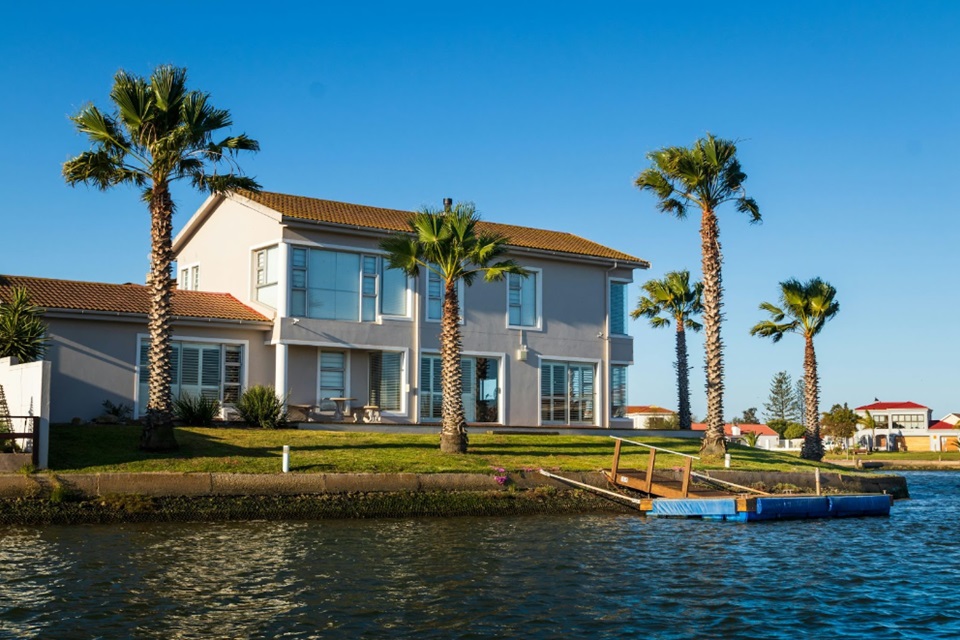In the realm of divorce, the dissolution of marriage often extends beyond the emotional and personal sphere into the realm of financial intricacies. As couples untangle their lives, one critical aspect that demands attention is the division of assets, particularly when it comes to properties abroad, such as vacation homes. Navigating the division of overseas assets during divorce requires a nuanced understanding of legal frameworks, jurisdictional complexities, financial considerations, and practical challenges. In this blog, we delve into the intricacies of this process, shedding light on how vacation homes located overseas are divided during divorce proceedings.
Table of Contents
Understanding The Legal Framework
The division of assets during divorce is typically governed by legal principles that vary significantly across jurisdictions. When it comes to overseas assets, the complexity is further compounded by the involvement of multiple legal systems. The determination of which jurisdiction’s laws apply often depends on factors such as the location of the property, the nationality or residency of the spouses, and any applicable prenuptial agreements.
In international divorces, couples may encounter a variety of legal approaches to dividing overseas assets. Some jurisdictions adopt a “community property” regime, where assets acquired during the marriage are presumed to be jointly owned and subject to equal division. Others follow an “equitable distribution” approach, which aims to divide marital assets fairly, taking into account factors such as each spouse’s contributions to the marriage and their financial needs.
Factors Influencing Division
Several factors come into play when determining how overseas assets, including vacation homes, are divided during divorce. Prenuptial agreements, if present, can significantly influence the division process by specifying how assets should be divided in the event of divorce. However, the enforceability of prenuptial agreements may vary depending on the jurisdiction and the circumstances surrounding their creation.
The length of the marriage and the contributions made by each spouse to the acquisition and maintenance of the vacation home are also crucial considerations. Courts may take into account factors such as financial contributions, caregiving responsibilities, and non-financial contributions, such as renovations or property management, when determining the division of overseas assets.
Challenges & Considerations
Dividing overseas assets presents unique challenges and considerations that may not arise in domestic divorce cases. One significant challenge is valuing the vacation home, particularly if it is located in a foreign country with different real estate markets and valuation methods. Appraisals may need to be conducted by professionals familiar with the local market to ensure an accurate assessment of the property’s value.
Tax implications also play a critical role in the division of overseas assets. Transferring ownership of a vacation home located abroad may trigger tax consequences in both the country where the property is situated and the home country of the divorcing spouses. Understanding these tax implications and planning accordingly is essential to avoid unexpected financial liabilities.
Strategies For Resolving Disputes
In navigating the division of overseas assets during divorce, couples may explore various strategies for resolving disputes and reaching a fair settlement. Alternative dispute resolution methods, such as mediation or arbitration, can provide a less adversarial approach to resolving conflicts and negotiating asset division. These methods allow couples to maintain greater control over the outcome and avoid the time and expense associated with litigation.
Effective communication and negotiation strategies are also essential in reaching a mutually acceptable agreement. Couples may benefit from engaging in open and honest discussions about their respective priorities and interests regarding the division of overseas assets. Seeking the guidance of legal and financial professionals with experience in international divorce cases can provide invaluable support and guidance throughout the process. In some cases when agreement is difficult, couples may benefit from hiring a Newport Beach high asset divorce lawyer to help assist them with the division of the asset.
Conclusion
Dividing overseas assets, including vacation homes, during divorce is a complex and multifaceted process that requires careful consideration of legal, financial, and practical considerations. From navigating jurisdictional complexities to addressing tax implications and valuing overseas properties, divorcing couples face a myriad of challenges in reaching a fair and equitable division of assets.
By understanding the legal framework, considering key factors influencing division, and exploring strategies for resolving disputes, couples can navigate the complexities of dividing overseas assets with greater clarity and confidence. Ultimately, seeking the guidance of experienced professionals and maintaining open communication can help divorcing couples achieve a fair and amicable resolution that protects their interests and preserves their financial well-being in the aftermath of divorce.



